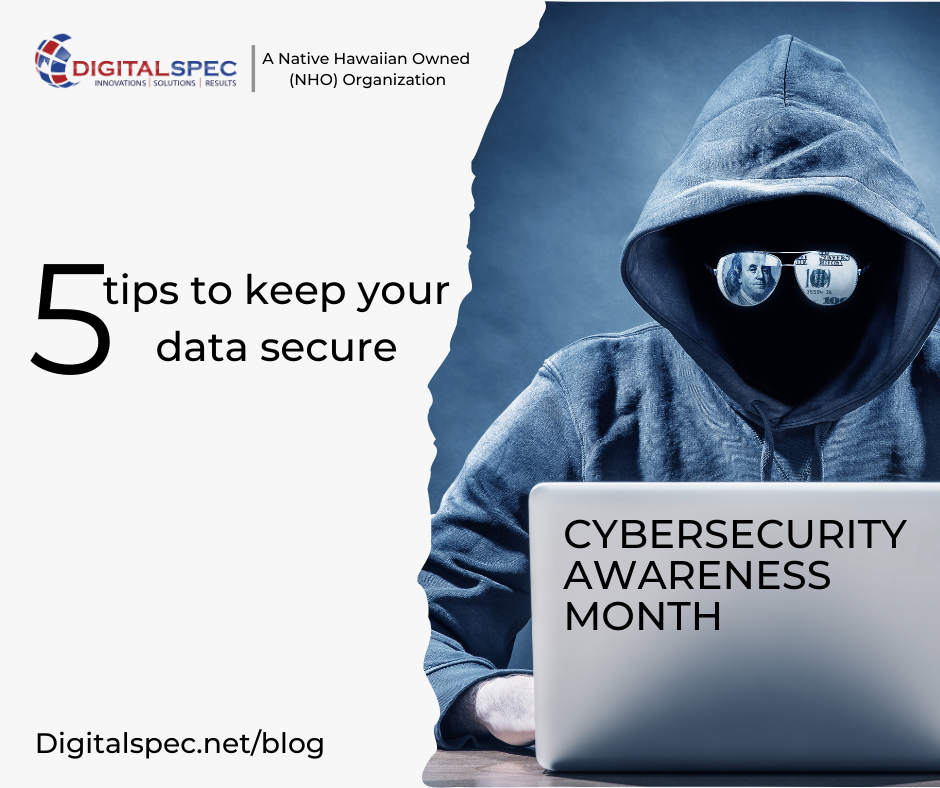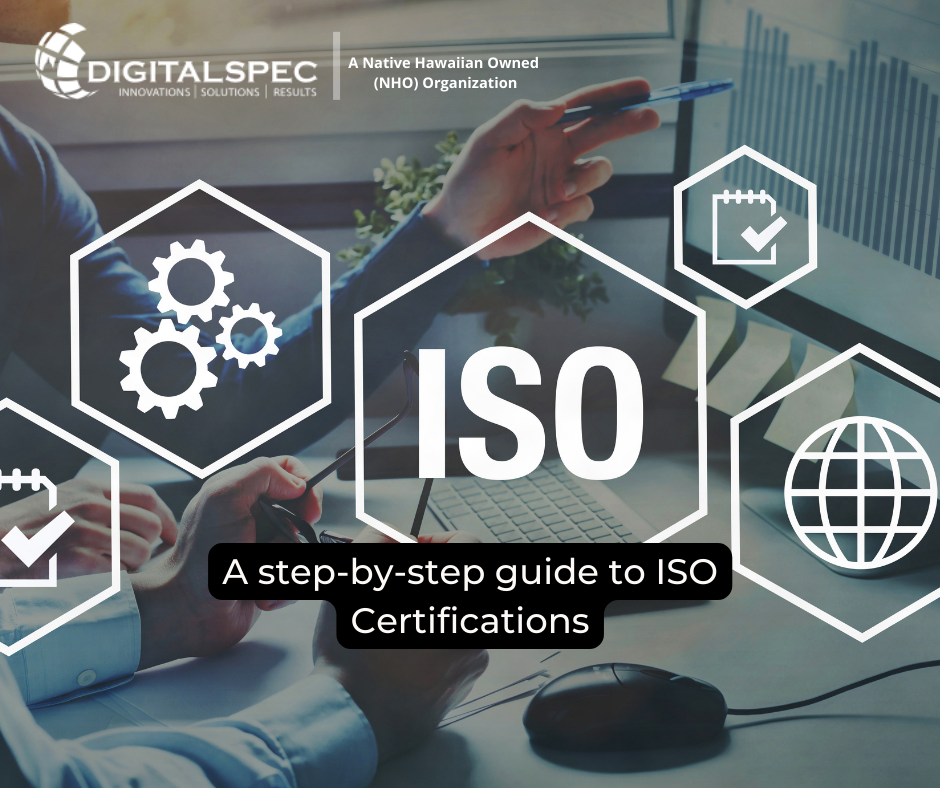The United Nations Intergovernmental Panel on Climate Change (IPCC) has issued a stark warning: we have just 8 years to take decisive and urgent action to prevent the worst effects of climate change. That means reducing global greenhouse gas emissions by 45% from 2010 levels by 2030.
To this end, the United States has made great strides in reducing its emissions over the past few years. In fact, according to the Environmental Protection Agency (EPA), emissions from large stationary sources have decreased by nearly 30 percent since 2005. However, there is still more work to be done in order to meet our long-term goal of net zero emissions, and public-private partnerships (PPPs) will be key to achieving net zero emissions.
Governments must create a policy framework to incentivize businesses to invest in clean energy and drive down emissions. But businesses must also step up and do their part in developing innovative solutions to help meet this challenge. PPPs are already being used around the world to deliver large-scale infrastructure projects, and they offer a number of advantages when it comes to tackling climate change. Here are a select few:
Advantages of Public-Private Partnerships
1. Increased Efficiency: PPPs can help government agencies become more efficient and effective in the delivery of services by tapping into the expertise and resources of the private sector, which can attract a larger talent pool due to the ability to pay larger salaries and provide more opportunities. *Read our article on the benefits of working for government contractors and how to apply here.
PPPs can also help to accelerate the delivery of much-needed infrastructure, as businesses are often able to move faster than governments as the former is not held back by bureaucratic red tape.
2. Cost Savings: PPPs can also lead to cost savings for taxpayers as businesses are typically able to deliver projects at a lower cost than government agencies. This makes sense because lower costs mean higher profit margins for private businesses, which would be to no avail for government agencies, which are essentially massive nonprofits. As a matter of fact, agencies have an incentive to spend all of their funding as possible because if they do not, then they run the risk of receiving a lower budget in the next fiscal year! As Warren Buffett once said, ‘capitalism works!’
3. Innovation: SpaceX, Oracle, Google, smartphones, the human genome project, AI technology, etc., believe it or not, all of these companies and game-changing pieces of technology were supported by government funds at some point in time. There are only so many people in the government, but the world is much larger. Therefore, public-private partnerships serve as a major means for government agencies to solve the biggest challenges facing mankind.
By partnering with private companies, government agencies can gain access to new ideas and technologies, while the private sector gains access to much-needed resources for R&D (research and development). In addition, the somewhat stable nature of government funding and contracts also means that PPPs can even help attract private investment into new projects, which can help to offset the costs of research and development further and make it even more affordable for government agencies to pursue new initiatives. Government agencies and sponsored programs, such as NASA, DARPA, NFS, etc. are great resources if you are looking for funding for the next world-changing piece of technology!
4. Risk-sharing: With public-private partnerships, risks are typically shared between the public and private partners, which can help to minimize costs and maximize outcomes. PPPs can take many different forms, but they typically involve the public sector providing funding or other support to a private entity in exchange for a share of the profits.
For public entities, PPPs can provide access to private sector expertise and capital that might otherwise be unavailable. For private entities, PPPs can provide a level of stability and predictability that is often lacking in the marketplace. GSA contracts, for example, can provide an indefinite source of income for the latter. In either case, risk-sharing arrangements can help to Get Things Done(GTD).
5. Enhanced Sustainability: PPPs can also lead to more sustainable outcomes as private sector partners often have a longer-term view than government agencies. This is because government officials, while well-meaning and through no fault of their own, can sometimes become so caught up in winning support for re-election that they may end up taking steps to better fit their agenda at the cost of long-term steps that could benefit the masses.
Achieving net zero emissions by 2030 is an ambitious target, but it is one that we must meet if we are to avoid catastrophic climate change. Public-private partnerships will be key to achieving this goal, as they offer several advantages when it comes to tackling climate change. By working together, the public and private sectors can develop innovative solutions, accelerate the delivery of much-needed infrastructure, and drive down emissions.



